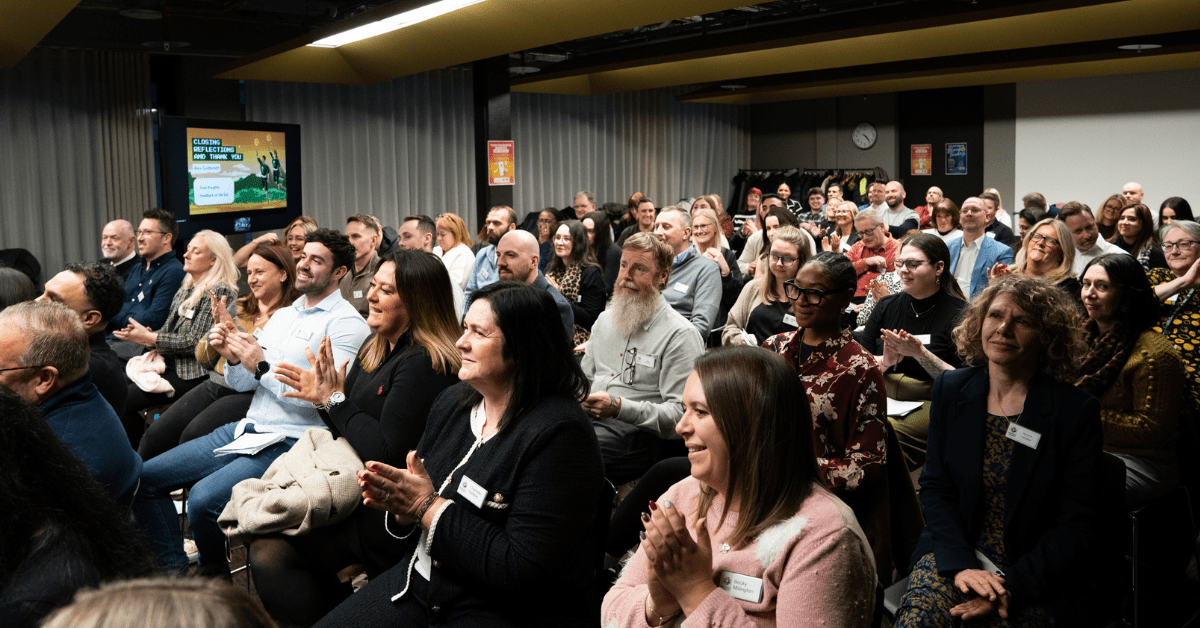Is Blue Monday actually a thing?


What exactly is Blue Monday?
The idea of ‘Blue Monday’ was first introduced in 2005 by a UK travel company as part of a marketing ploy. They claimed that the third Monday in January was the most depressing day of the year due to post-Christmas blues, financial challenges, cold weather and failed New Year’s resolutions.
The idea gained considerable public and media attention and is now used in many marketing campaigns; however, Blue Monday has no scientific backing and has been widely criticised by psychologists for being overly simplistic and unhelpful.
Is there any truth to Blue Monday?
In short, no. Mental health is shaped by all sorts of personal, social and environmental factors and low mood can affect people at any time of year.
That said, things like shorter days, money worries from festive (over)spending and the come down from Christmas can definitely affect how people feel in January and make it a particularly hard month for many. Around 1 in 15 people in the UK will also suffer from Seasonal Affective Disorder (SAD)—a type of depression linked to lack of daylight— during the winter months. But it’s not just about one day; SAD can stick around all season long.


How to support employee mental health, throughout January and beyond
While Blue Monday might not have any science behind it, it can act as a good nudge to start conversations about mental health and the importance of prioritising our wellbeing at a time when many of us might be struggling to do so.
So, why not use the opportunity to get your teams engaging with this vital topic? Below, we share some simple things you can encourage employees to try to boost their mental wellbeing throughout the rest of January and beyond.
Stay active
Only 61% of UK adults currently meet the recommended activity levels, but physical activity is vital for maintaining a positive mood. You don’t need to join a gym; just try to move a bit more each day. Even a short daily walk can release endorphins, and getting outdoors will provide that much-needed exposure to natural light.


Maintain social connection
It’s easy to feel isolated during winter when the cold weather and shorter days often make staying in sound so much more appealing than venturing out to see people. But staying connected with friends, family and colleagues is really important for our mental wellbeing. If meeting up in person is tricky, send a quick text or email or arrange to call or FaceTime instead. You could even arrange a Zoom quiz as a fun way to bring everyone together.
Set realistic goals
New Year’s resolutions can sometimes be a bit overambitious, so try focusing on small, achievable goals. That way, you can keep making progress without feeling overwhelmed.


Practice self-care
Take care of yourself by prioritising sleep, eating well and taking time for things that help you unwind, like reading or watching your favourite show. Try not to feel guilty for spending more time on the sofa – it’s totally normal throughout the winter season!
Seek support if you need it
If your low mood or anxiety persists, it’s important to reach out to your GP or a mental health professional for advice and support. Don’t struggle alone.

Are you keen to prioritise employee wellbeing in 2025?
At Medigold Health, we offer a wide range of services which can help ensure your employees are healthy and happy all year long, including:
Get in touch here to find out more!
The Latest from our Blog…
Check out our blog for all of the latest news, events and updates from Medigold Health.
-

Protecting your new recruits: Why supporting employee health matters from day one
Starting a new job is a big moment: new faces, new systems, new expectations. For employers, welcoming a new member of the team is a real opportunity to set the tone for a healthy, supportive working relationship. Each year, millions of UK employees move into new roles, whether they’re joining[...]
Read More -

Health and wellbeing in the workplace: What 2026 means for employers
As we look ahead to 2026, health and wellbeing in the workplace continues to move up the business agenda. UK employers are navigating rising absence levels, growing mental health needs, evolving ways of working and a workforce that expects more from them than ever before. As a result, employee health[...]
Read More -

Medigold Health Managers Day… why communication really matters
Late last year, we brought almost 100 managers together for a dedicated Managers Development Day with one clear focus… communication. Not communication as a corporate buzzword. But communication as it actually shows up day-to-day… in conversations, decisions, meetings, feedback, leadership announcements and all the bits in between. The day took place at our investors’, BGF, HQ in Birmingham, giving us the chance to step away from[...]
Read More





